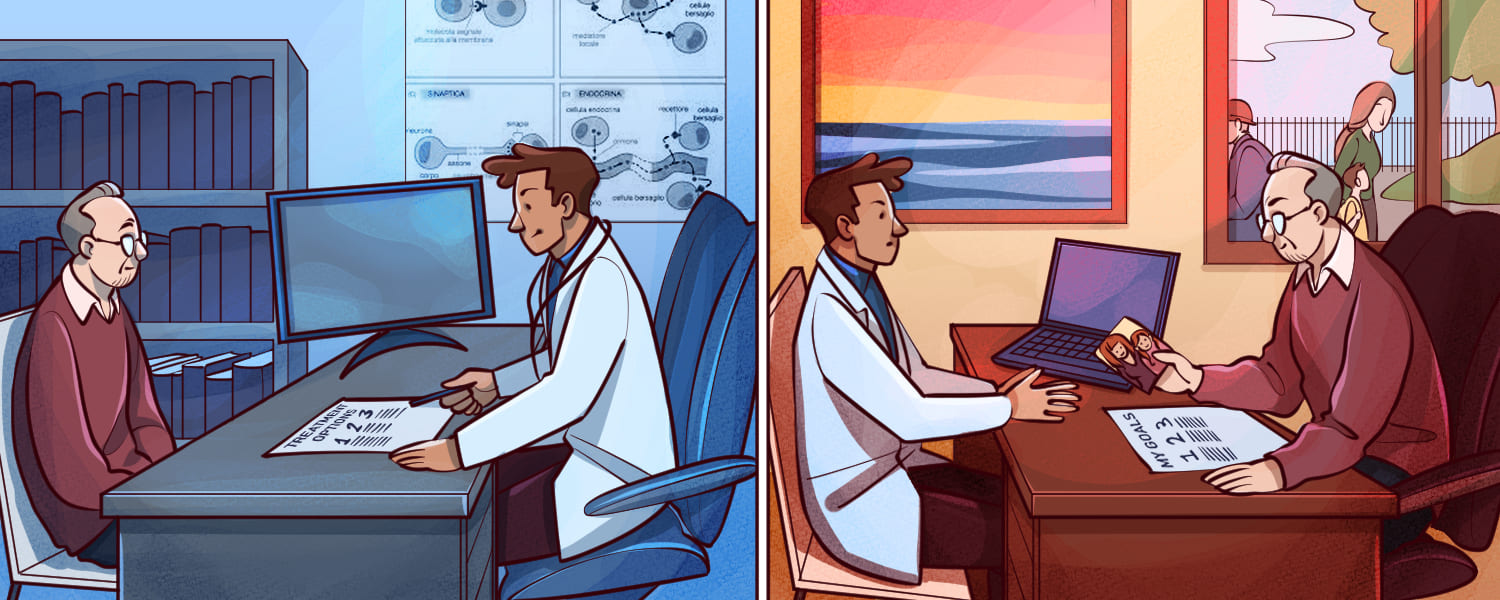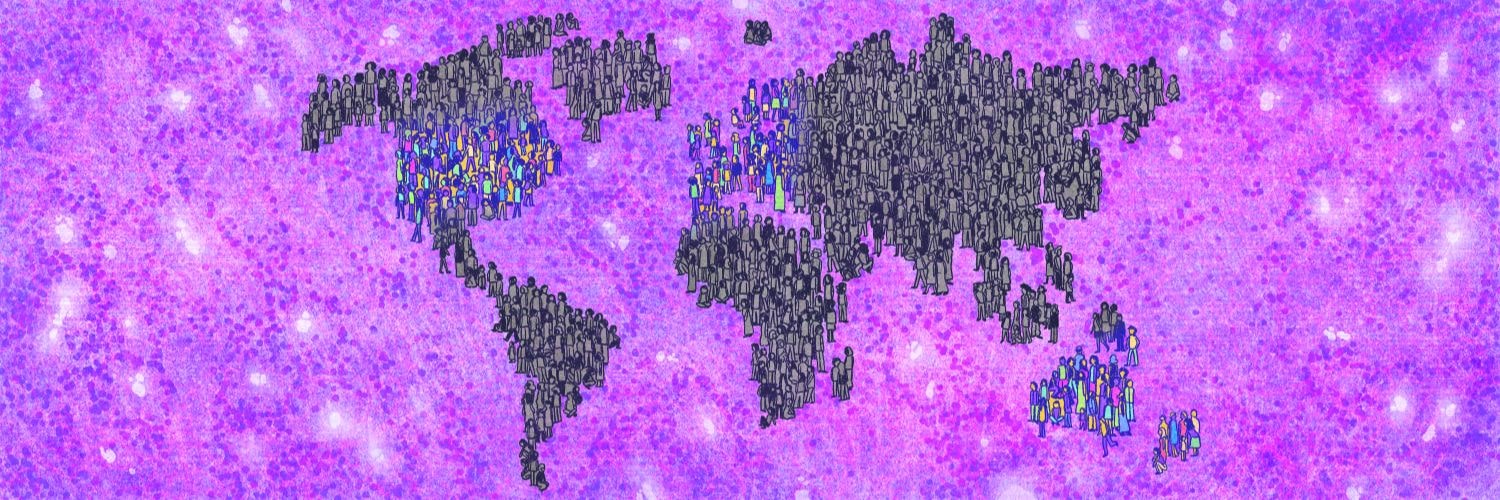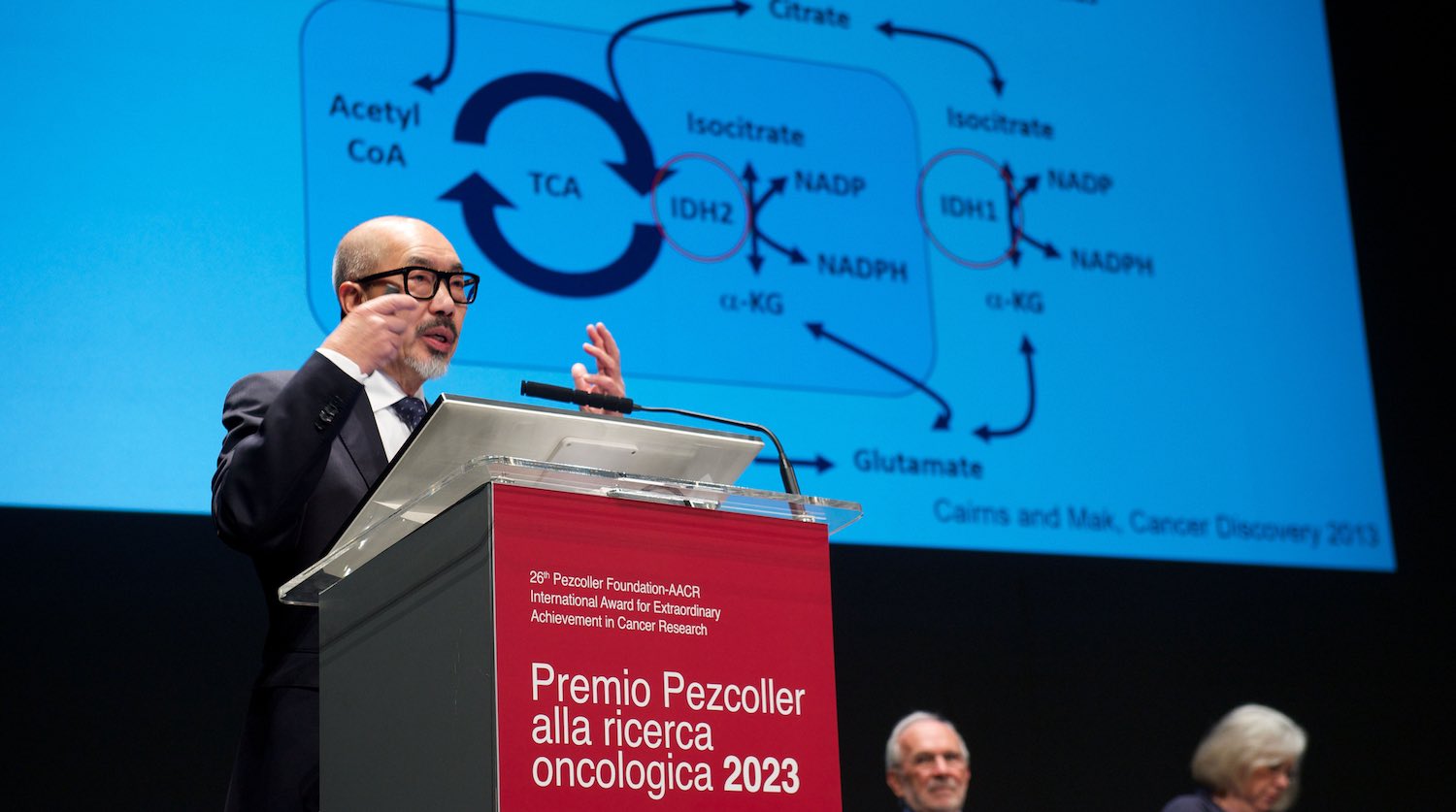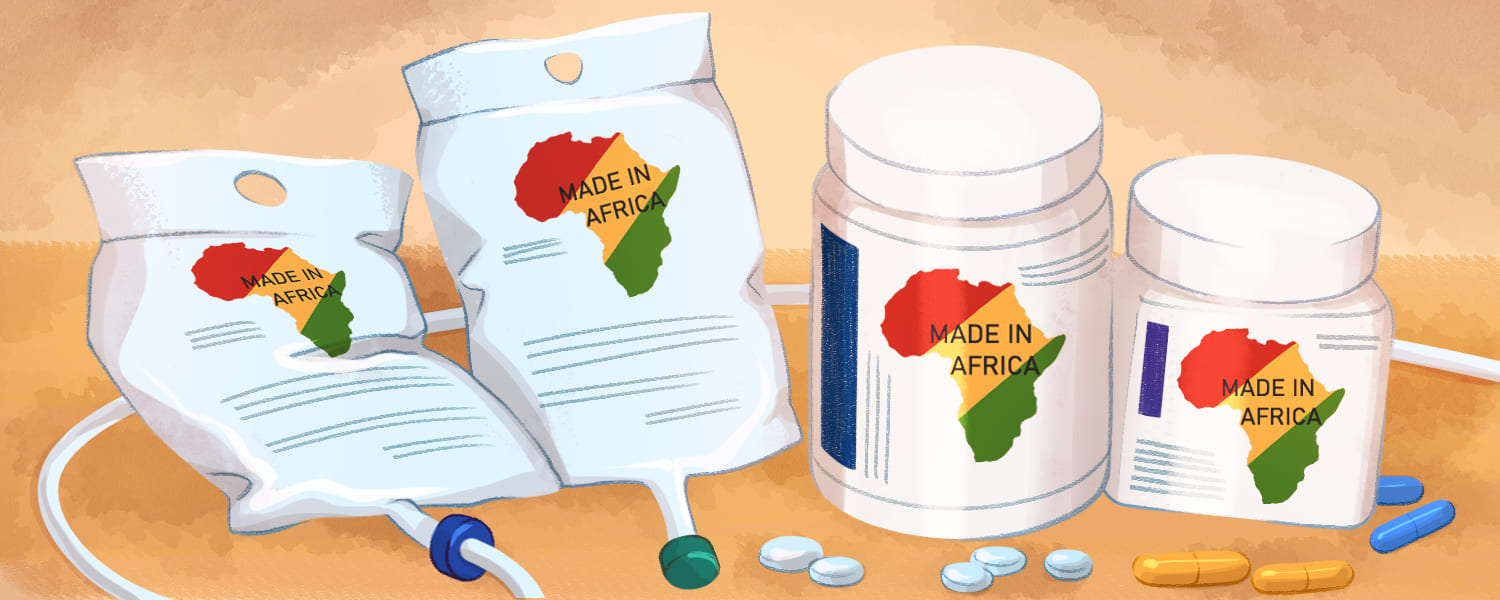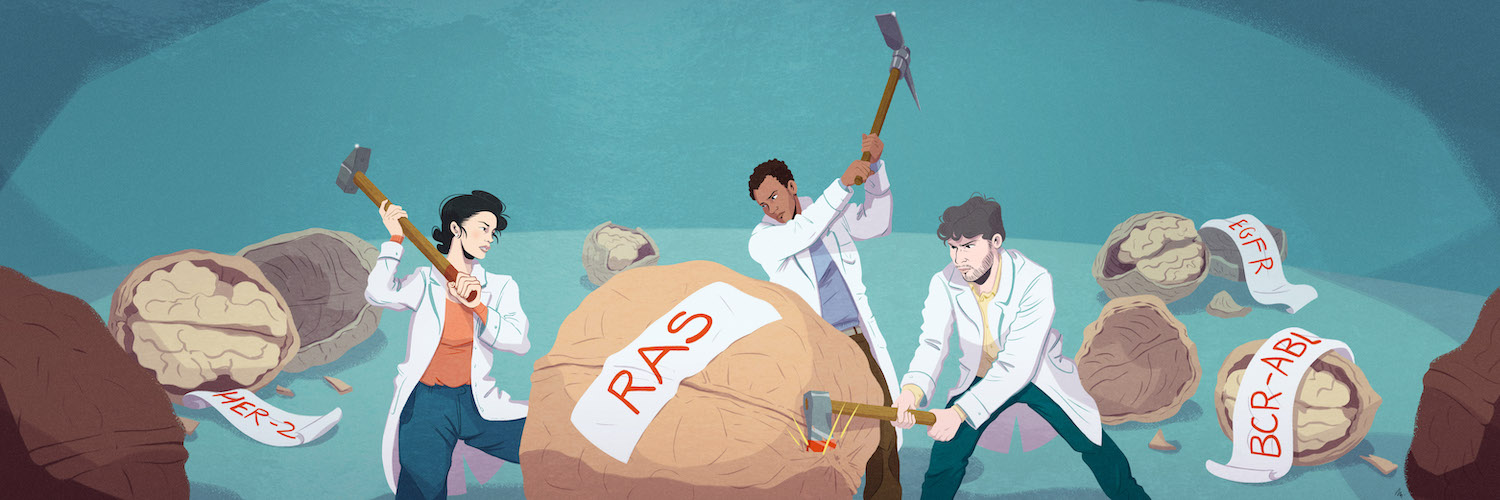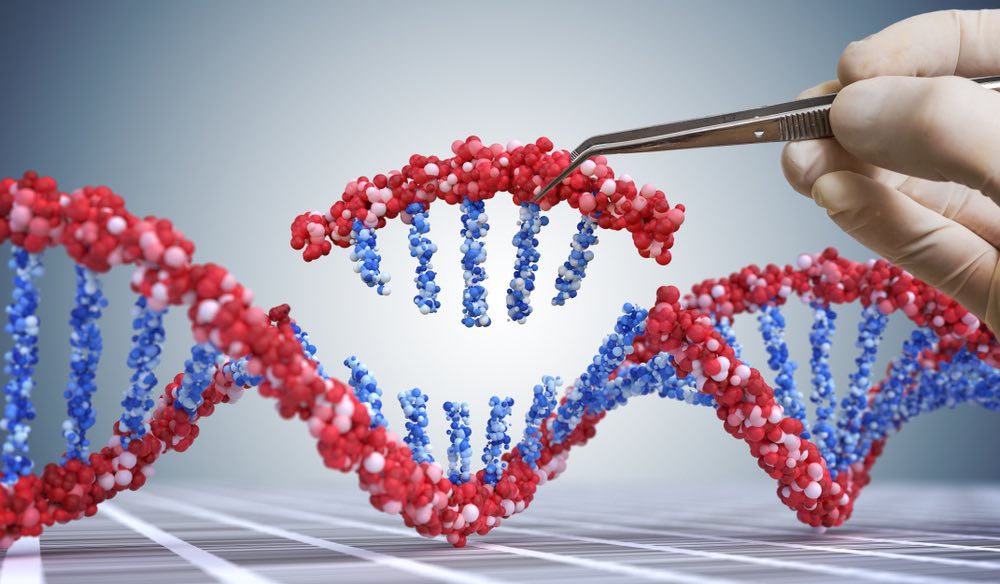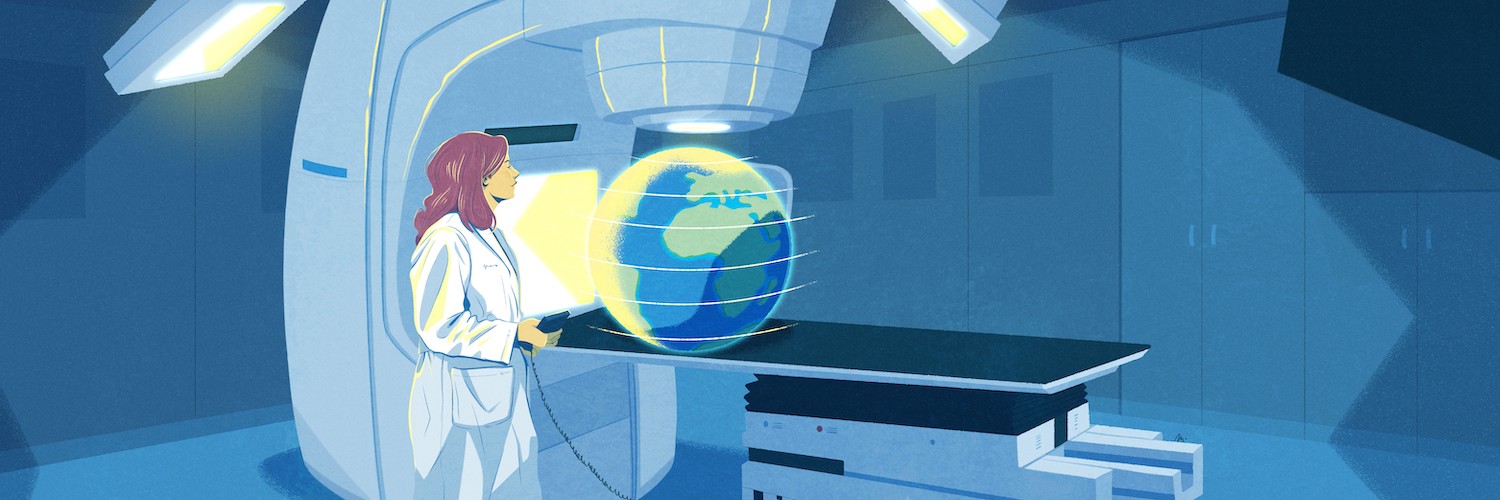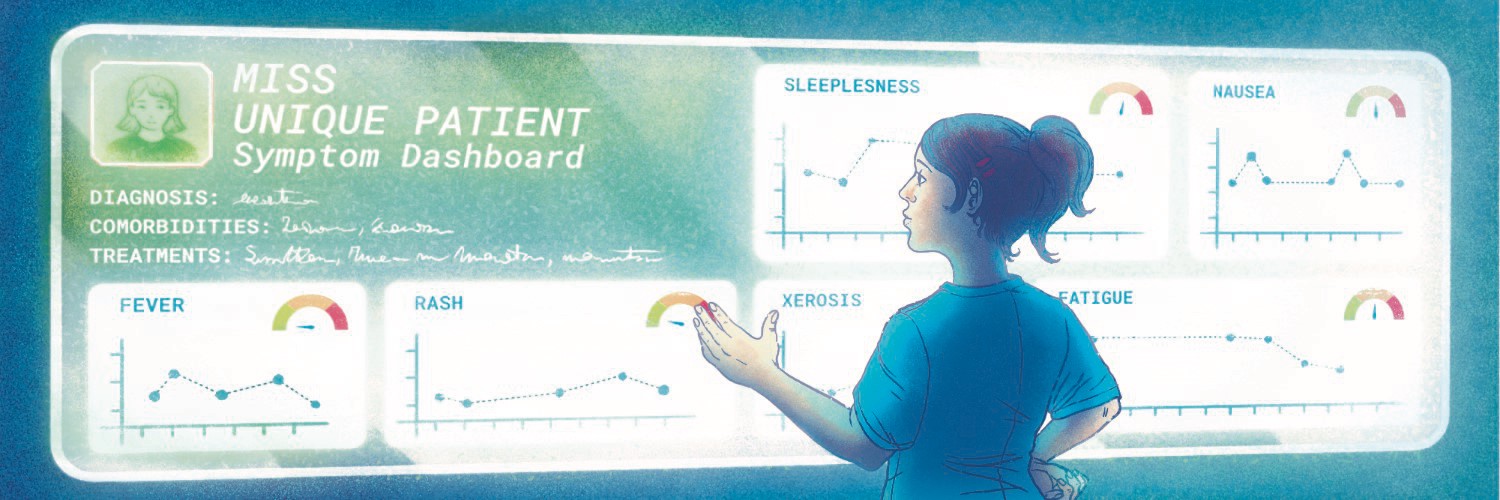Articles
Breast surgery: closing the quality gap in Poland
This investigation was prompted by the story of Julia, a lawyer who fled her home in Kyiv in the spring of 2022, as Russian forces were advancing on Ukraine’s capital. At the time, the mother of two was reaching the…
Shared decision making: translating our aspirations into clinical practice
Despite growing awareness of the importance of shared decision making in cancer, there is plenty of evidence that it is still not being implemented as it should be. A national survey of patient experience from the Danish Cancer Society found…
Precision medicine for all!
Every year, around 2.3 million people across the globe are diagnosed with breast cancer. For lack of access to the right diagnostic test, many of them are being treated with chemotherapy that is doing them more harm than good –…
‘The future of cancer treatment’, as seen by Tak Mak, whose lab paved the way for T- cell receptor based immunotherapies
Ni Miikana is a Native American expression meaning "my path". My path, my journey in science is not about me, it is about the institutions that have supported us and the many mentors and mentees who made this talk possible.…
Cancer drugs for Africa… from Africa?
More than two years ago, Cipla Quality Chemical Industries, a pharmaceutical manufacturing company in Kampala, Uganda, announced that it would start producing cancer drugs. In a deal agreed in 2021 with the Ministry of Health, the company, which is part…
Cracking RAS: It took over 30 years to hit this ubiquitous oncogene – was it worth the wait?
RAS oncogenes and their proteins have central roles in almost all cancers, including leukaemias, multiple myelomas, skin cancers and many solid tumours, making the RAS protein family an ideal cancer target. But efforts to develop clinically efficacious drugs to target…
The CRISPR revolution: it’s transforming cancer research, can it do the same for treatment?
CRISPR is a revolutionary gene-editing tool that allows scientists to cut DNA with extraordinary precision and make changes to the genome. The technology was a gift to cancer researchers, whose efforts to understand the roles played by different genes rely…
New options to protect long-term health of children treated for cancer
Childhood cancer is considered a success story of modern medicine, with more than 90% of children now surviving long-term in high-income countries, up from just 10% 65 years ago. Yet many children who survive their cancer go on to experience…
AI-generated radiotherapy planning could boost access to high-quality treatment across the globe
Can artificial intelligence help design radiotherapy treatment plans, reducing time and cost while matching the quality of skilled professionals? That is the question that a new multi-centre and multi-arm ARCHERY study is trying to answer. The global study, still at…
Precision cancer nursing: using the personalised medicine paradigm to improve patient care
Precision medicine is transforming the way we treat cancer. Oncology is evolving from treating purely on the basis of a broad indication to a tailored approach that is based on a tumour’s molecular characteristics, and usually requires complex combinations of…


